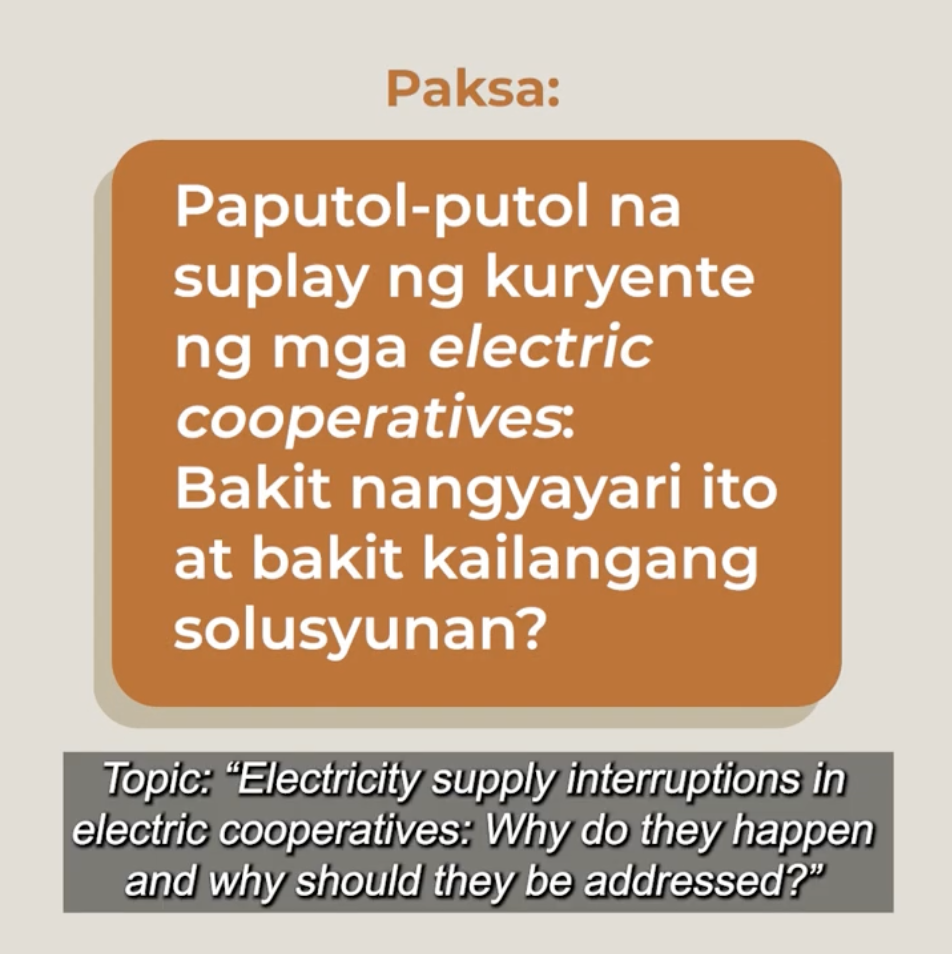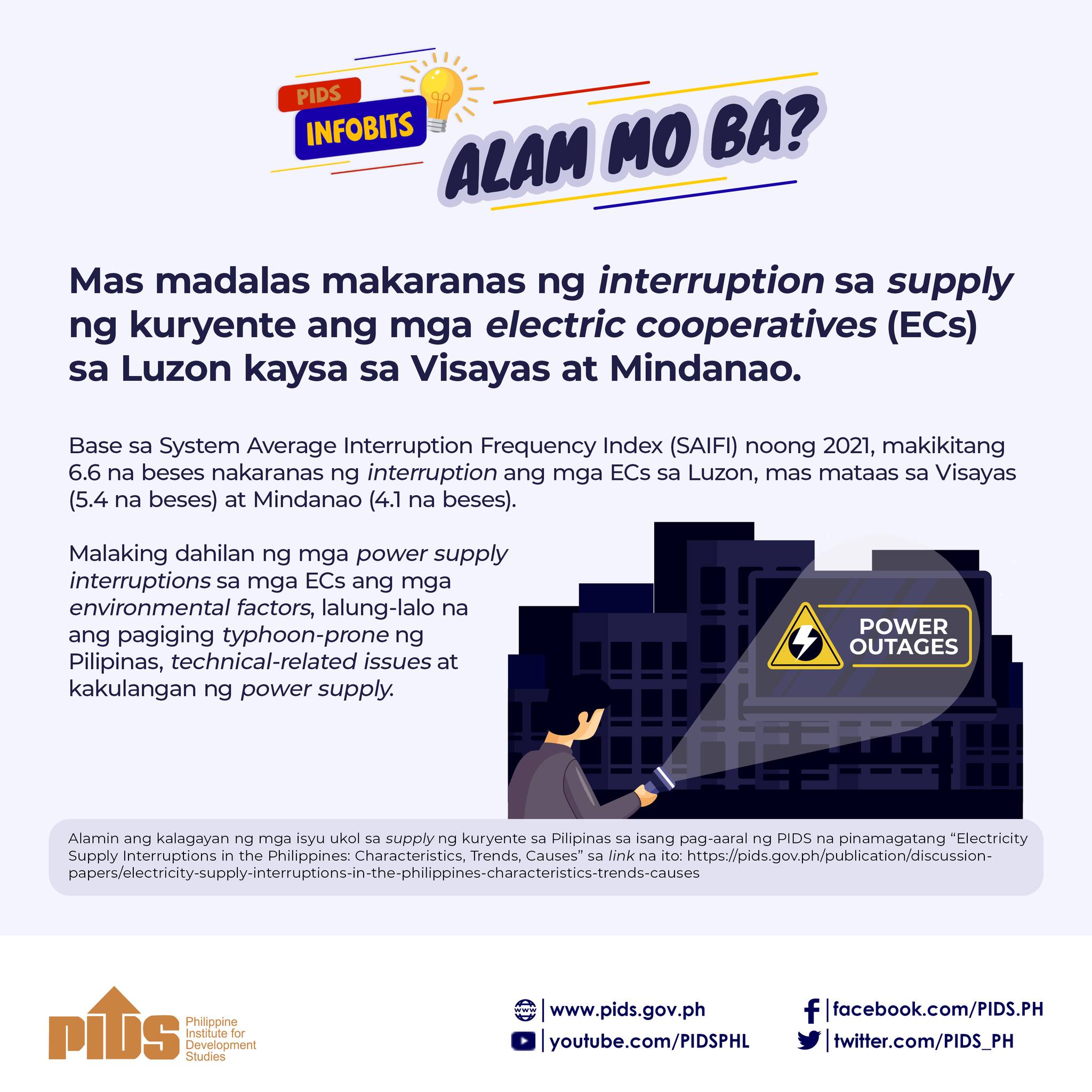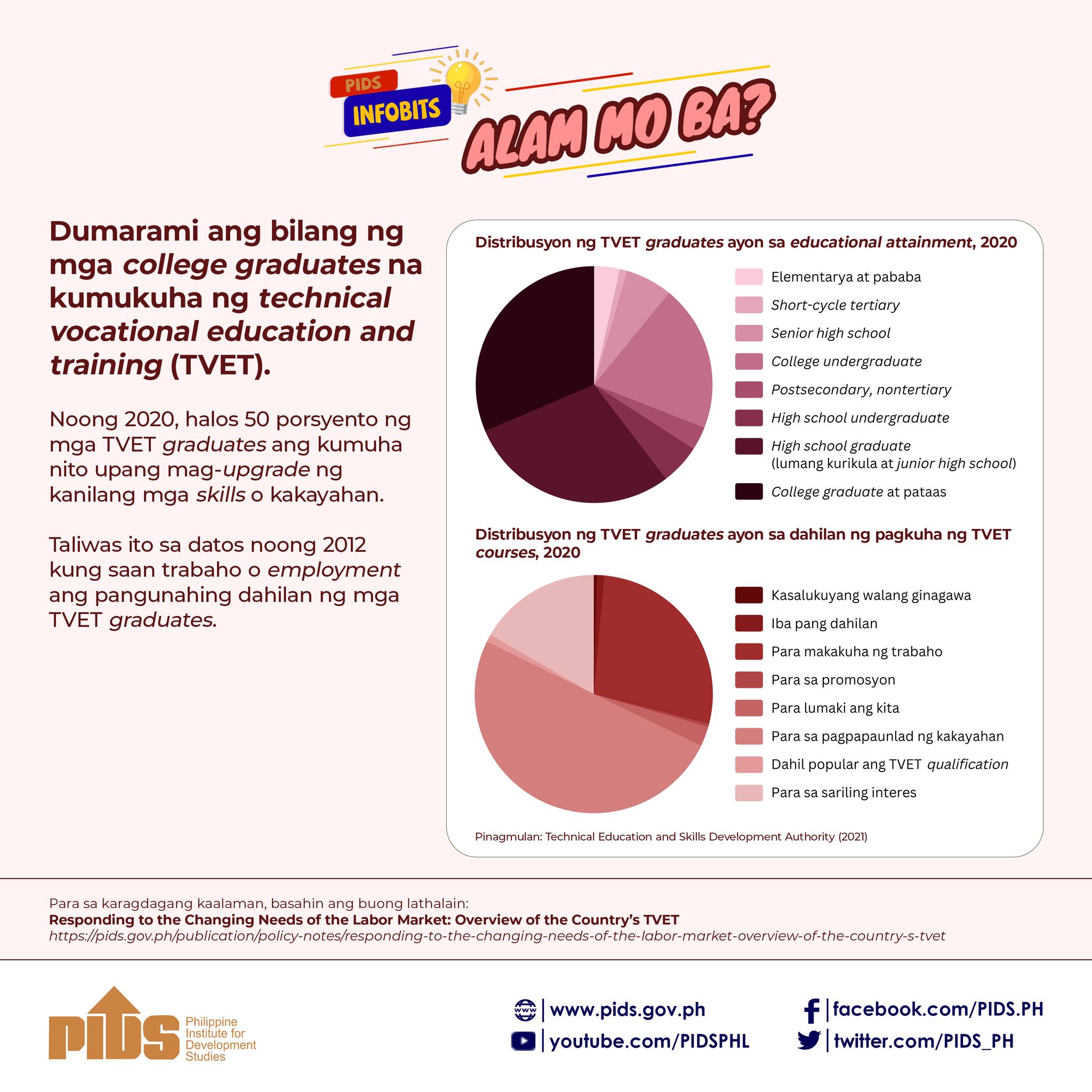The education sector needs to focus on basic science and mathematics, teacher education, and graduate education to improve the quality and supply of science and technology (S&T) graduates in the Philippines.
This was emphasized by former Department of Science and Technology (DOST) secretary William Padolina during a recent webinar organized by the Philippine Institute for Development Studies (PIDS) titled “A Labor Market Analysis of S&T Human Resource Needs in the Philippines”.
Padolina said that basic sciences, including biology, chemistry, physics, earth sciences, social sciences, as well as mathematics, need to be strengthened as these are the source of “new ideas”.
He also mentioned that advanced countries should continue to invest in their basic sciences, even if they are already strong in engineering, technology, and medical sciences.
“Unfortunately, we have been lulled into believing that for as long as we are advancing in information technology, we are already good in science and technology, which I think is a flawed kind of mindset,” Padolina explained.
According to Padolina, one way to improve teachers’ education is to train good elementary and high school teachers “who will be inspiring students to become scientists”.
He lamented the current state of education in the Philippines, citing a 2016 study by former PIDS senior research fellow Rosario Manasan that showed the low performance of elementary and high school teachers in the country in terms of knowledge of the subject matter, as well as the low quality of instruction found in higher education institutions.
Instead of focusing on in-service training, he urged the education sector to focus on pre-service training for teachers because “it is too late to improve on them” in the former.
“We are emphasizing in-service training, which seems not to be working very well,” Padolina explained.
The former president of the National Academy of Science and Technology also raised a point in terms of reforming the country’s graduate education. He said there is a need to get out of the “credentialization tendency to put up graduate programs just because we need to have a master’s degree”.
Moreover, he urged the education sector to actively recruit and develop highly qualified faculty in science, technology, engineering, and mathematics (STEM).
He also suggested providing attractive compensation packages to those in higher education institutions and opportunities for faculty members to retool themselves by supporting postdoctoral research postings in other institutions and participation in international STEM conferences.
Finally, Padolina recommended involving highly trained STEM staff in developing the K-12 STEM curriculum.
Ex-DOST chief identifies reforms to improve supply of S&T graduates in PH












